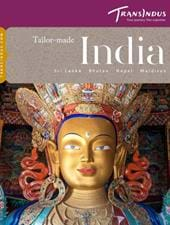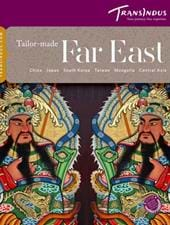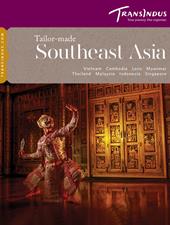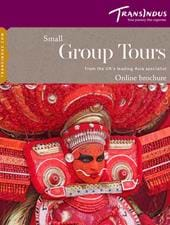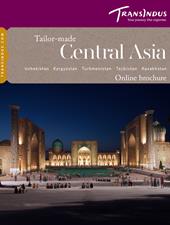Time zone: UTC +7 hours
Flying time: 13 hours 30 mins
Capital: Phnom Penh
Currency
Local currency in Cambodia in the Riel. All goods and services can be paid for in Riel or dollars, although the Riel price is often better than the corresponding Dollar price.
Dollars, or Dollar traveller’s cheques, are the best currency to take with you to Cambodia. Travellers Cheques can be exchanged in most major tourist town banks and hotels. Similarly credit cards can be used in major hotels, tourist shops and bigger restaurants. Do not rely on either if travelling to more remote and rural areas. When you pay in dollars, you may well receive your change in Riel notes, the native currency of Cambodia, or a mixture of Dollars and Riel. Any Riel will come in handy for small transactions such as cold drinks and other items worth less than the dollar. Be careful to check the notes you are given in change, as torn or damaged notes may be difficult to exchange. Although the major hotels will also accept credit cards, cash withdrawals on credit cards and from dispensing machines should not be relied on for funds.
Please note, visa for Cambodia is obtained on arrival at the airport or border crossing. It costs $20 per person and you need to carry this in cash, in addition to 1 passport size photograph each.
Healthcare
Cambodia’s climate is warm year round, so be sure to drink plenty of fluid to prevent heatstroke and dehydration. Avoid drinking tap water and taking ice in drinks. Stick to bottled water (or boiled/UV treated water available at the hotel) and ensure that the seal is opened by you/in your presence. Aerated waters (bottled soft drinks) are fine. Khmer beers are widely available, although you may find them quite different to their European counterparts. Other liquors are also available, though some are not ‘legal’. If in doubt, we recommend that you stick to the more expensive imported brands. Wine, if available, is also quite costly. Check the price before ordering.
The cuisine in Cambodia is usually spicy and contains a high proportion of fish but you will find Western alternative available at most restaurants and hotels. We do recommend that you eat moderately for the first few days. This allows your system to get used to the changes. We recommend you carry with you a small supply of basic health care medication such as travel sickness tablets, anti-diarrhoea tablets, antacids for indigestion, insect repellent, sun creams and selected antibiotics after discussion with your doctor. Although most of these items are available in Cambodia, the security provided by brands one is used to, is reassuring.
We strongly recommend that all travellers be properly insured for the holiday. While taking insurance, please check that it includes repatriation costs.
Clothing and Climate
Two monsoons dictate Cambodia’s climate. From November to April, a north-eastern monsoon brings cool air but little rain, while a south-western monsoon, which occurs from May to October, causes heavy winds and rains. During the summer rainy season, rains tend to take place in the late afternoons.
In general, during the day it is best to wear light, comfortable cottons with a pair of good ventilated walking shoes. Sunglasses, a hat, t-shirts, shorts that are not too revealing, long trousers, some light-weight, long-sleeved tops and a light jacket that is wind and rain-resistant will get you through most trips. At some of the monuments/pagodas, it is advisable to avoid sleeveless tops and short skirts. You may also be asked to remove your socks and shoes. Slip-on shoes or sandals are useful for visits to pagodas or people’s houses. Most hotels, including the more exclusive ones, do not insist on formal wear in restaurants and smart casuals are acceptable.
Shopping
Cambodia provides great opportunities for the shopper, including beautiful textiles, silverware, carvings, handicrafts and much more. Cambodian silk clothing can be bought in many outlets in Phnom Penh and Siem Reap. If asked, our local agents will advise on where best to buy particular items.
When purchasing an expensive item, always check the level of duty payable in the UK on your import. Please remember Customs Duty and VAT is payable on all goods above the value of £390 per person, even if an item is exempt from other import duties.
Cambodia is still developing, and so its people can be very persistent when trying to make money, especially around tourists whom they perceive as very wealthy. People will try to overcharge you, but rather than becoming irritated, join the game and bargain hard! If you being followed by street vendors and do not wish to make a purchase, often the best course of action is say “no” firmly and politely, and continue on your way. Do not hesitate or linger, as this will encourage the seller to try and engage you further.
Please note, TransIndus does not endorse any shop or factory outlet. We, or any of our associate offices, are not responsible for any shopping and related problems, although we assure you of any help that we can provide.
Voltage
The electric voltage in Cambodia is supplied at 230 volt AC. Most English electric appliances work well, but a universal adaptor is needed.

